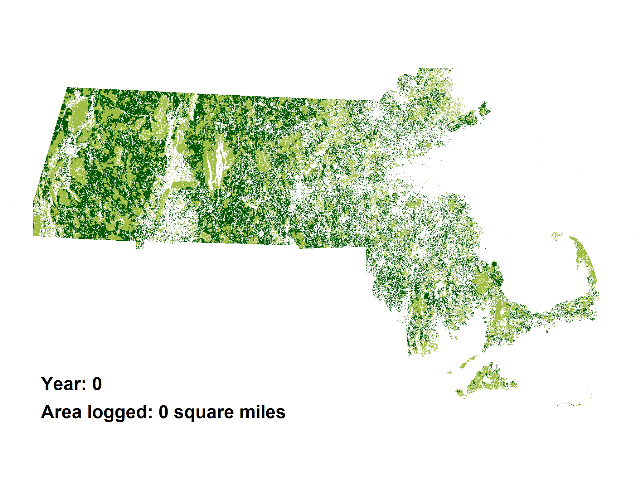 Jim Carlton points out in the Wall Street Journal
some of the problems of biomass plants.
Jim Carlton points out in the Wall Street Journal
some of the problems of biomass plants.
With all the plants and trees in the world, biomass energy would appear to have boundless potential.Or as Georgia politicians are fond of saying, “Georgia is the Saudi Arabia of forest energy.”
Yet in the U.S., biomass power—generated mainly by burning wood and other plant debris—has run into roadblocks that have stymied its growth.Even with a captive market (pun intended), biomass was not economically feasible.Here at the Northern Nevada Correctional Center, officials in 2007 built a $7.7 million biomass plant to meet all the power needs of the medium-security prison. But last month, two years after the plant opened, prison officials closed it, citing excessive costs.
“This was a project that was well intentioned, but not well implemented,” says Jeff Mohlenkamp, deputy director of support services for the Nevada Department of Corrections.
Maybe it was an isolated case? Continue reading

